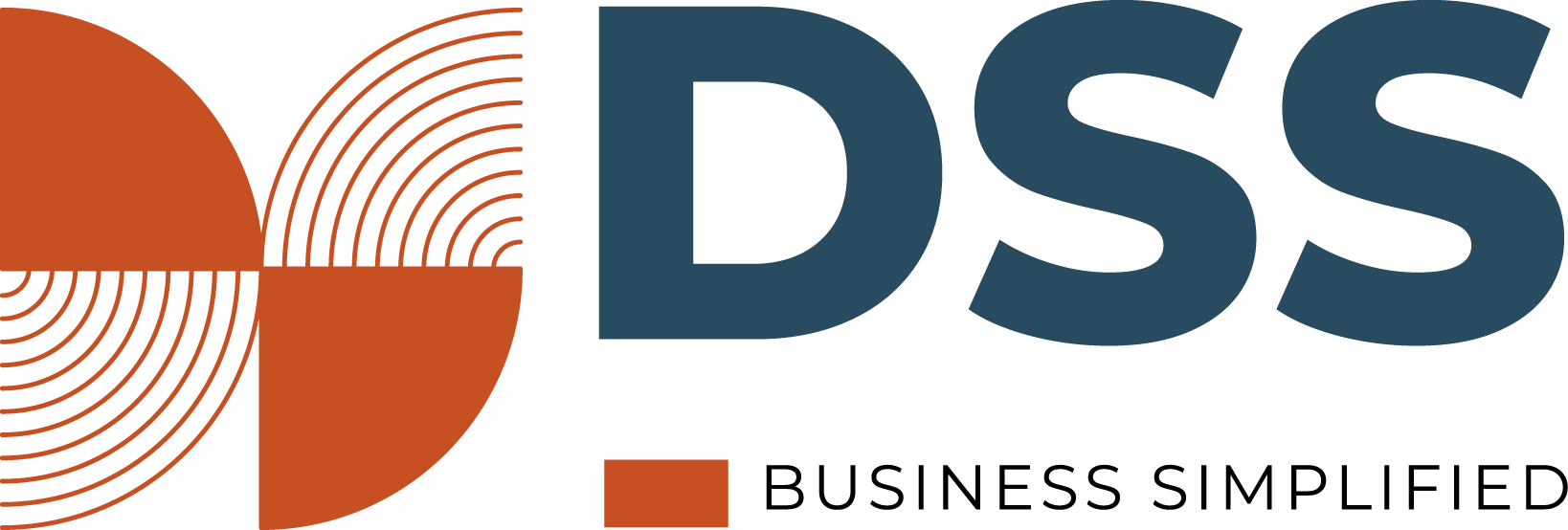Introduction
His Honour the Vice President and Minister of Finance, in his inaugural Budget presentation, unveiled the Government’s proposed national budget for the 2025/2026 financial year. The Government emphasized fiscal restraint, reduced expenditure, and effective management of revenue streams. Key tax initiatives and reforms highlighted during the presentation are outlined below.
- Review of Tax Legislation
The Ministry of Finance, in collaboration with the Botswana Unified Revenue Service (BURS), is undertaking a comprehensive review of key tax legislation, focusing on the modernization of the Income Tax Act and the Value Added Tax (VAT) Act. A new Tax Administration Act is also in development. These legislative reforms aim to reduce compliance costs and broaden the tax base.
Key proposals include:
-
- An increase in Corporate Income Tax (CIT) and the highest individual tax bracket by 1.5%.
- New CIT rate: 23.5%, up from 22%.
- New individual tax rate: 26.5%, up from 25%, for earnings exceeding P156,000 per annum (P13,000 per month).
- The anticipated implementation date for these changes is 1 July 2025, though this was not officially confirmed.
- An increase in Corporate Income Tax (CIT) and the highest individual tax bracket by 1.5%.
While the Minister emphasized the goal of broadening the tax base, specific details on the approach were not provided. Various BURS initiatives that may impact different sectors are contingent on the broader tax reform program.
- VAT on Digital Services
The Government proposes legislation to ensure that digital services are subject to the same VAT treatment as physical services. This will require digital service providers to register in Botswana and remit applicable taxes.
-
- Implementation anticipated by September 2025.
- Uncertainty remains whether this will be a standalone law or integrated into the new VAT Act upon its repeal and reintroduction.
- Electronic VAT Invoicing Solution
The electronic VAT invoicing solution, as previously tabled, has been reintroduced, highlighting its potential to enhance VAT compliance. This system will:
-
- Improve transaction tracking through fiscal devices providing real-time sales data to BURS.
- Be implemented by March 2026, subject to supporting legislation.
- It remains unclear whether this will be included in the new VAT Act or incorporated into existing laws.
- Fiscal Marking and Monitoring (‘Track and Trace’) Solution
This solution focuses on excisable goods, particularly tobacco and alcohol, aiming to enhance compliance and revenue collection.
-
- Implementation expected by September 2025.
- Enhanced Inspections at Ports of Entry
To improve border efficiency and compliance:
-
- BURS will address bottlenecks at Tlokweng and Martins Drift borders.
- Enhanced inspections will be conducted at all ports of entry to streamline processes and enforce compliance.
- Pioneer Gate Project
The infrastructure project at Pioneer Gate border post is scheduled for completion by February 2025, aiming to improve border operations and efficiency. - Advance Ruling Program
With support from the World Customs Organization and the European Union, BURS will implement an advance ruling program to:
-
- Provide certainty to customs clients regarding classification and rules of origin.
- Identify key and preferred traders.
No specific implementation date has been provided for this program.
Conclusion
The 2025/2026 Budget presentation underscores the Government’s commitment to fiscal prudence, modernization of tax legislation, and enhanced revenue administration. These initiatives aim to foster economic growth, improve tax compliance, and streamline administrative processes within Botswana’s tax system.
Download this report as a PDF here.
